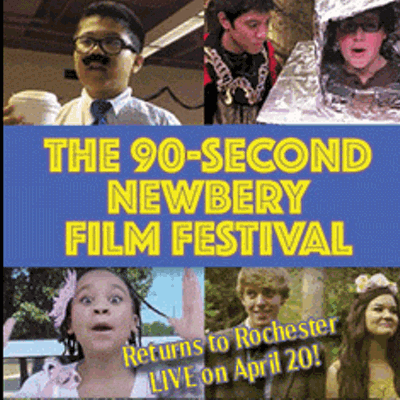ENVIRONMENT: Under the influence
There's drugs in the water, and that's not all
By Jeremy Moule @jfmoule[
{
"name": "500x250 Ad",
"insertPoint": "5",
"component": "15667920",
"parentWrapperClass": "",
"requiredCountToDisplay": "1"
}
]
Thanks to an Associated Press report, the average American is waking up to the fact that we're unwittingly contaminating our water supplies - whether they're lakes, streams, or groundwater. In one illuminating - and icky - scenario, the AP reports that the drugs we consume - in pills, in meat from animals that are fed antibiotics, in the drugs that we give our pets - are excreted out and fed back to us through our taps. Painkillers, heart medications, psychiatric drugs - they're all there.
That report has had a profound effect, says George Thomas, executive director of the Center for Environmental Information (CEI). It captured the public's attention and has people realizing that simple actions at home can have a lasting impact on water quality, he says.
"People are intrigued by that," he says. "They just didn't realize that had happened."
In Monroe County, or parts of it, we may be spared an unnecessary drugging. The Monroe County Water Authority uses sophisticated filtering equipment which, officials say, largely eliminates pharmaceuticals from our tap water.
To really put this issue into perspective, understand that there's a sadly long list of other mass-produced consumer goods with toxic potential. And there's a lack of "producer responsibility" when it comes to disposing of these products, says Dereth Glance, a program director with Citizens Campaign for the Environment. The products, such as medicine, are produced, but no sweeping system is put into place to safely dispose of them. Often, they wind up in the garbage.
"We live in a disposable, consumer-based society," Glance says.
In some cases, the problem is going to get worse really soon. Thanks to the federal government, a lot of televisions are going to become obsolete in February 2009. Sure, some people will get that antenna-converter thingy and use their aging sets, but many Americans are just going to buy new TVs and toss their old ones.
Ideally, the old sets would go to an e-waste recycling center. More likely, they'll hit the curb with the rest of the trash. TVs often contain lead or other heavy metals. If they go into landfills, those materials can leak out. And if a landfill is not as secure as it should be - it happens - it can leak into the groundwater.
Throw away a compact fluorescent light bulb, and you run the risk of introducing small amounts of mercury into the environment. To be fair, that mercury is still far less than the amount an incandescent bulb would put in the environment, says Thomas. Monroe County has a system to manage CFL bulbs. The county will accept them as part of its household hazardous waste disposal program.
New York State has no established system for the collection and proper disposal of unused drugs. In many cases, the drugs get poured or flushed down the drain, which means they go directly into the water. Otherwise, they are often mixed with coffee grounds or kitty litter, thrown out, and sent to landfills.
Though sewage is treated before it's released back out into bodies of water, technology often lags behind the development of new chemicals. In March, the State Department of Environmental Conservation released a report that says New York needs $30 billion worth of water infrastructure upgrades, including treatment plants.
States like Washington and Maine have started take-back programs for pharmaceuticals, where residents can turn in unused drugs and the state will properly dispose of them.
While a state program in New York might be ideal, there are other ways to achieve the same goal without a regulatory framework. Thomas says it may be worth talking to large pharmaceutical retailers - companies like Wegmans or CVS - and trying to establish a drug take-back pilot program. CEI is working with local governments, nonprofit groups, and businesses to hold pharmaceutical collection programs on April 19 and June 7 as a sort of exploratory step toward such a program.
Prescription drugs would have to be carefully guarded until they could be incinerated, while over-the-counter medicine could be turned over to a hazardous waste disposal company. A good selling point for the companies, says Thomas, is that it may give them a competitive edge. If a store takes unused drugs, it's likely those customers may start using the store more frequently.
The same goes for televisions. It's probably worth reaching out to local electronics retailers about starting take-back programs for old sets, Thomas says. Retailers could offer a discount on new digital signal-compliant TVs if customers bring in their old sets. The retailer sees more business, and it could send the collected televisions to an e-waste recycling center. The county holds e-waste collections throughout the year.
Speaking of Environment
-

Earth Day: Events to celebrate home – from home
Apr 22, 2020 -

Monroe County, Rochester won’t tax paper bags
Jan 6, 2020 -

Group asks city to lead clean-energy 'buyers club'
Mar 8, 2017 - More »
Latest in News
More by Jeremy Moule
-

ROCHESTER TEN
ANNETTE RAMOSAug 1, 2023 - More »





